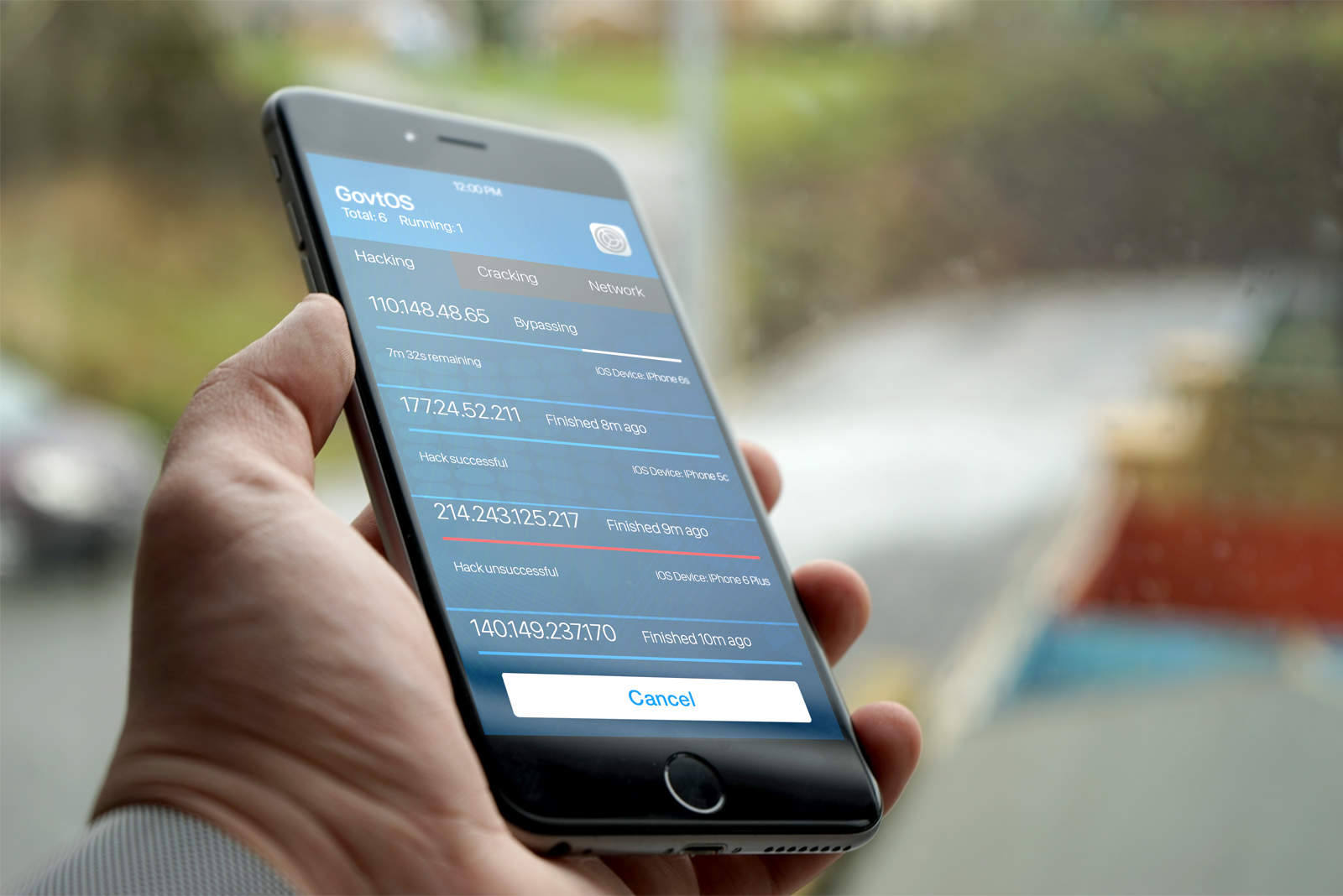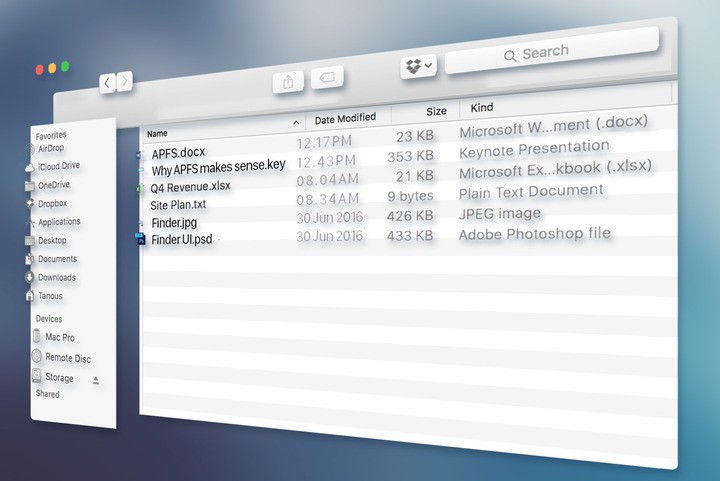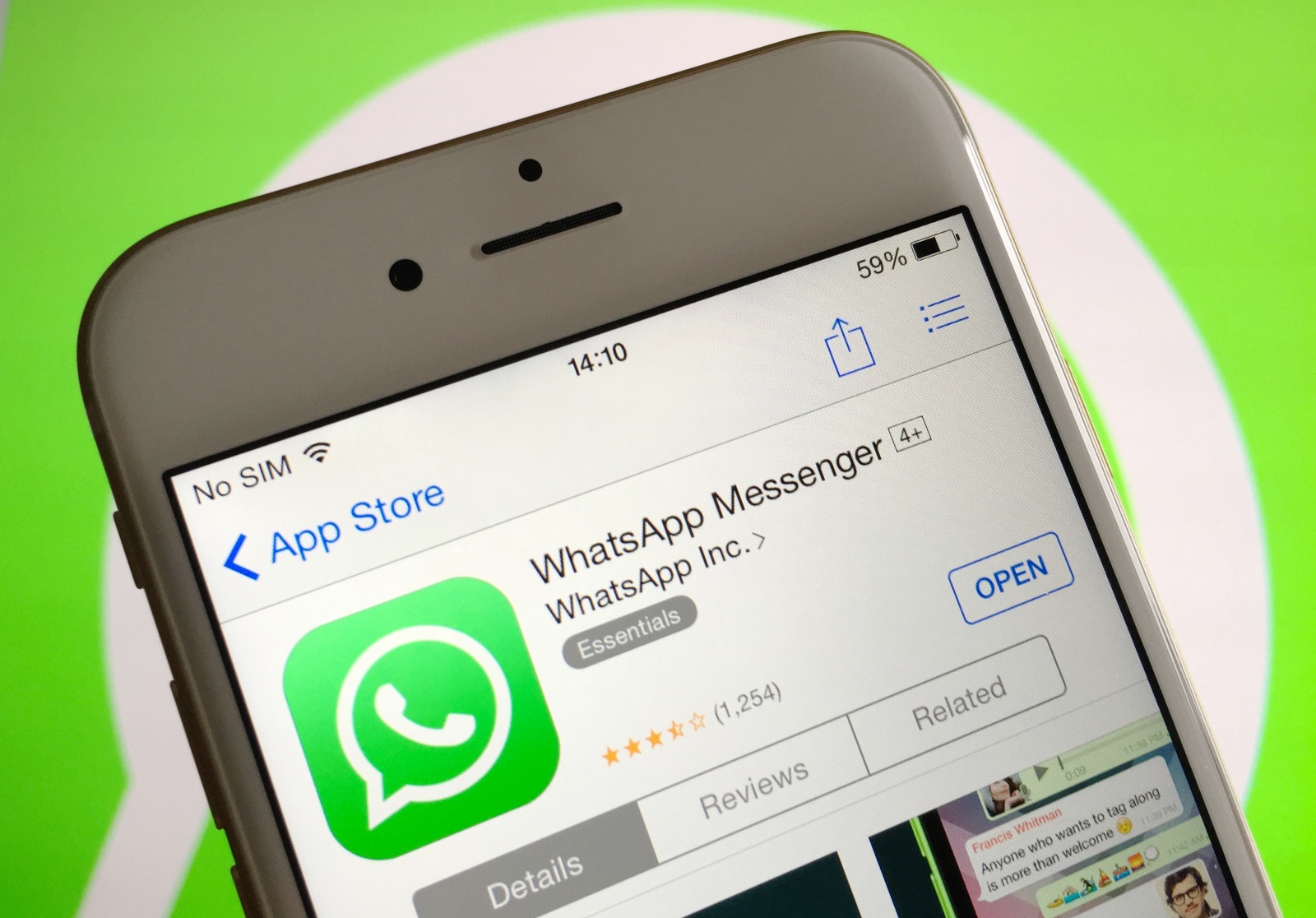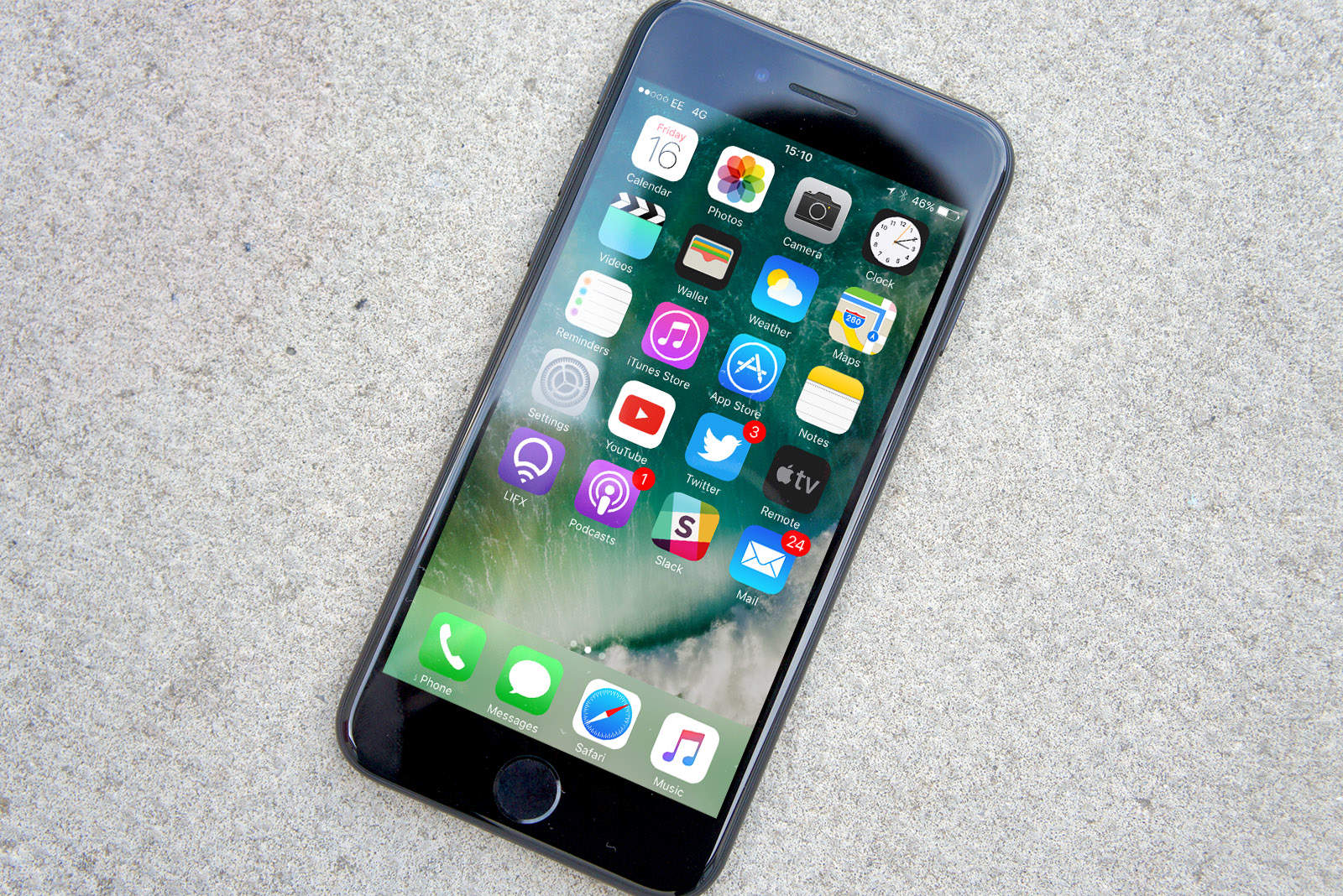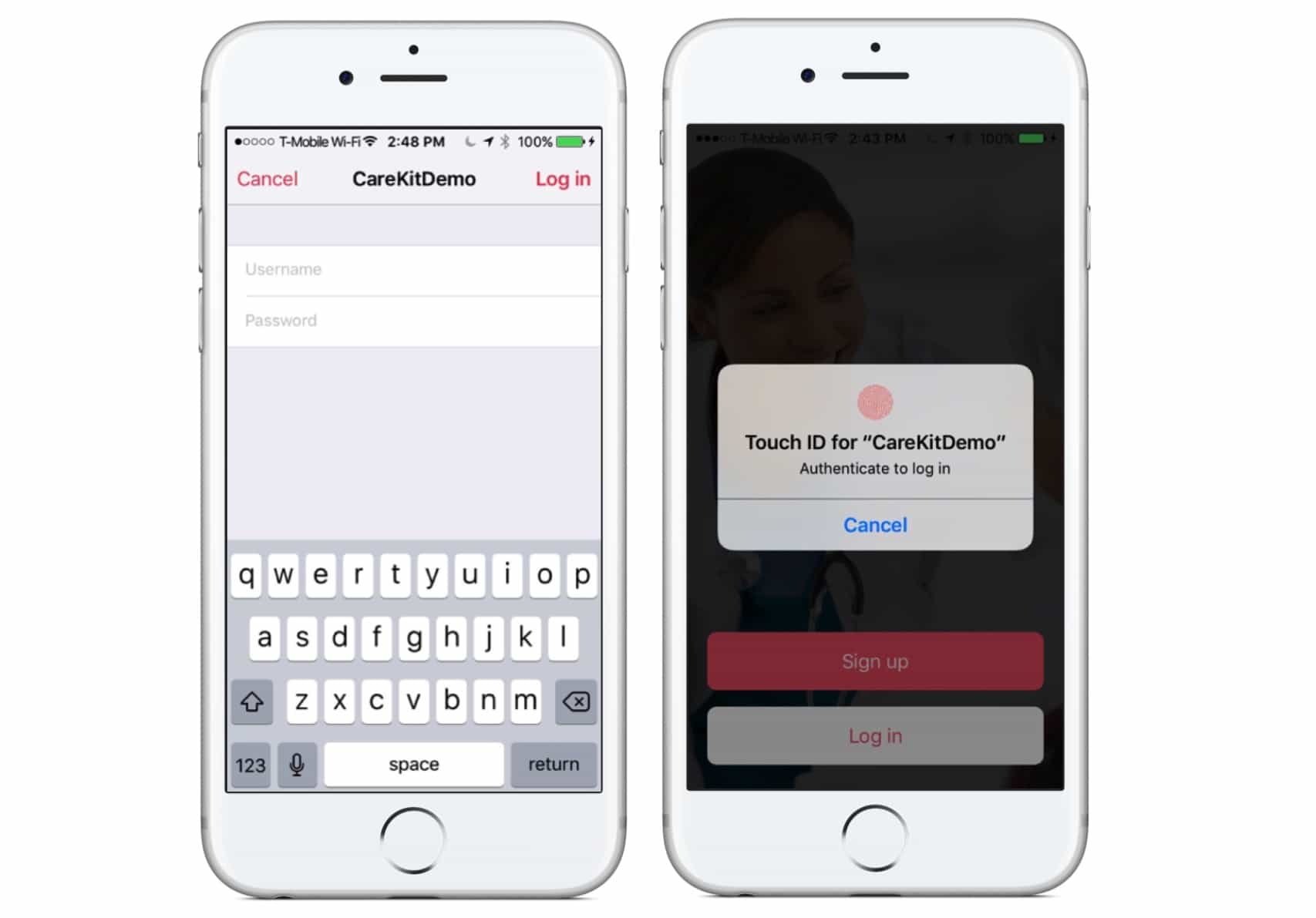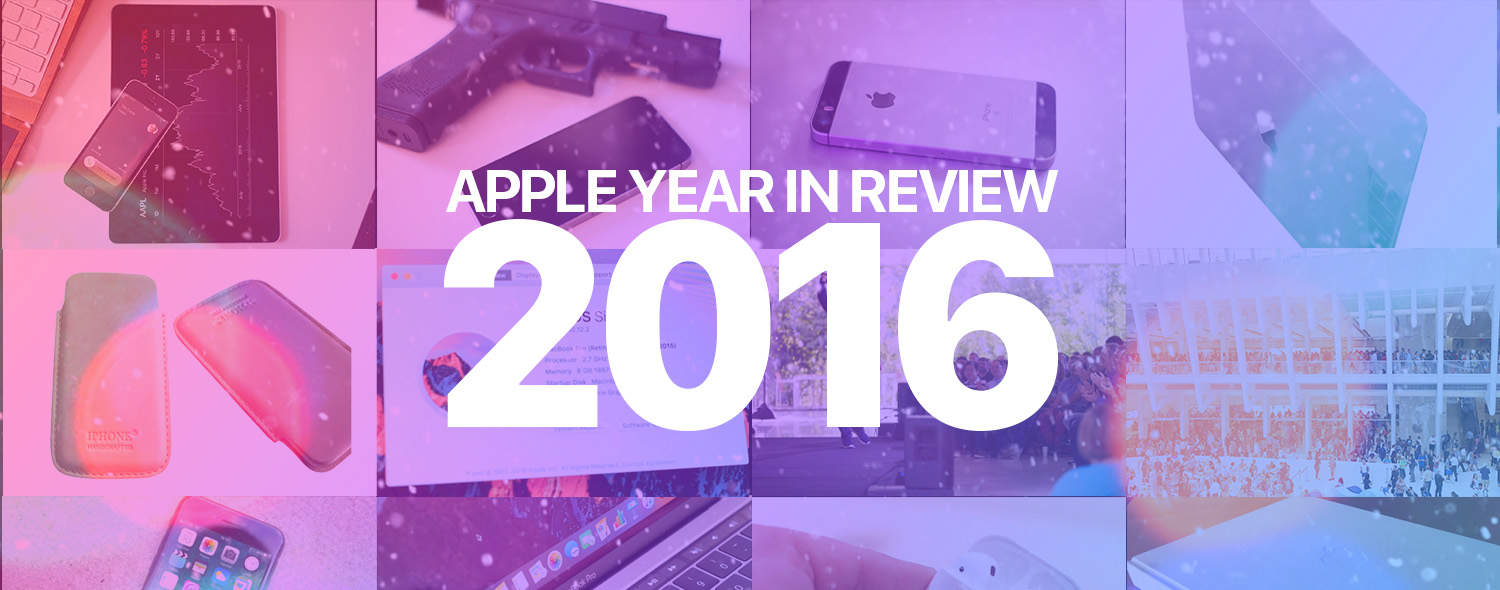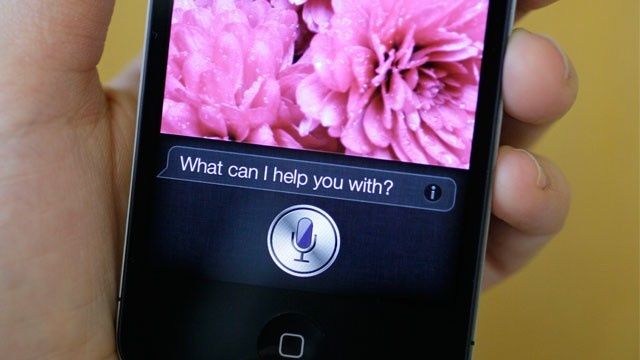Apple has joined other tech giants — including Google, Microsoft, Facebook and others — in speaking out against the anti-encryption law recently passed in Australia.
The country’s controversial law means that law enforcement officials are allowed to access encrypted messages when required. Unsurprisingly, tech’s biggest titans are none too happy about it.
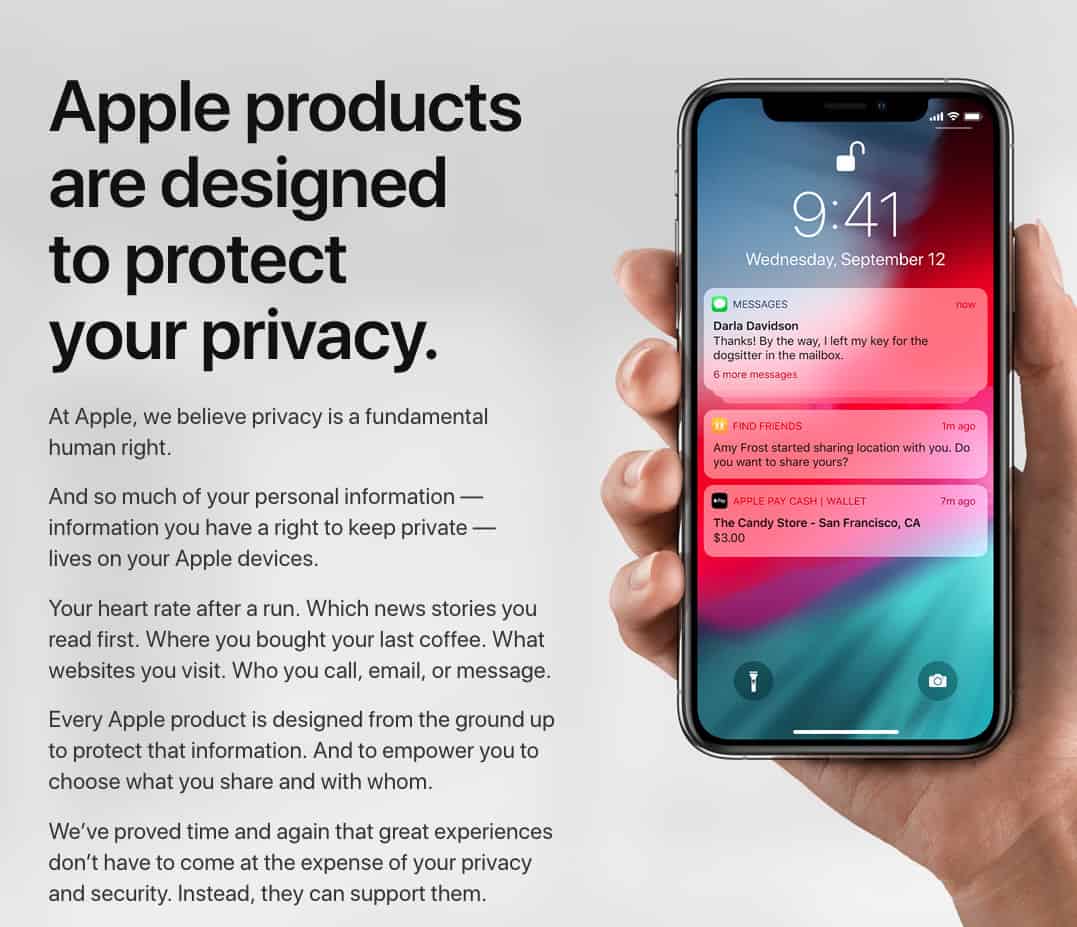

![Score top-rated VPN protection for a third the usual price [Deals] This top tier VPN offers online anonymity and data security, and high bandwidth on 5 devices at once.](https://www.cultofmac.com/wp-content/uploads/2018/10/PIA.jpg)

![Keep your Mac and iPhone data protected with this VPN [Deals] Stay safe and anonymous online, for life, and for about 40 bucks.](https://www.cultofmac.com/wp-content/uploads/2018/08/GooseVPN.jpg)

![Few VPNs prove as secure as this one [Deals] This VPN provider is backed by super secure encryption, Swiss data privacy laws, and lots more.](https://www.cultofmac.com/wp-content/uploads/2018/08/ProtonVPN.jpg)




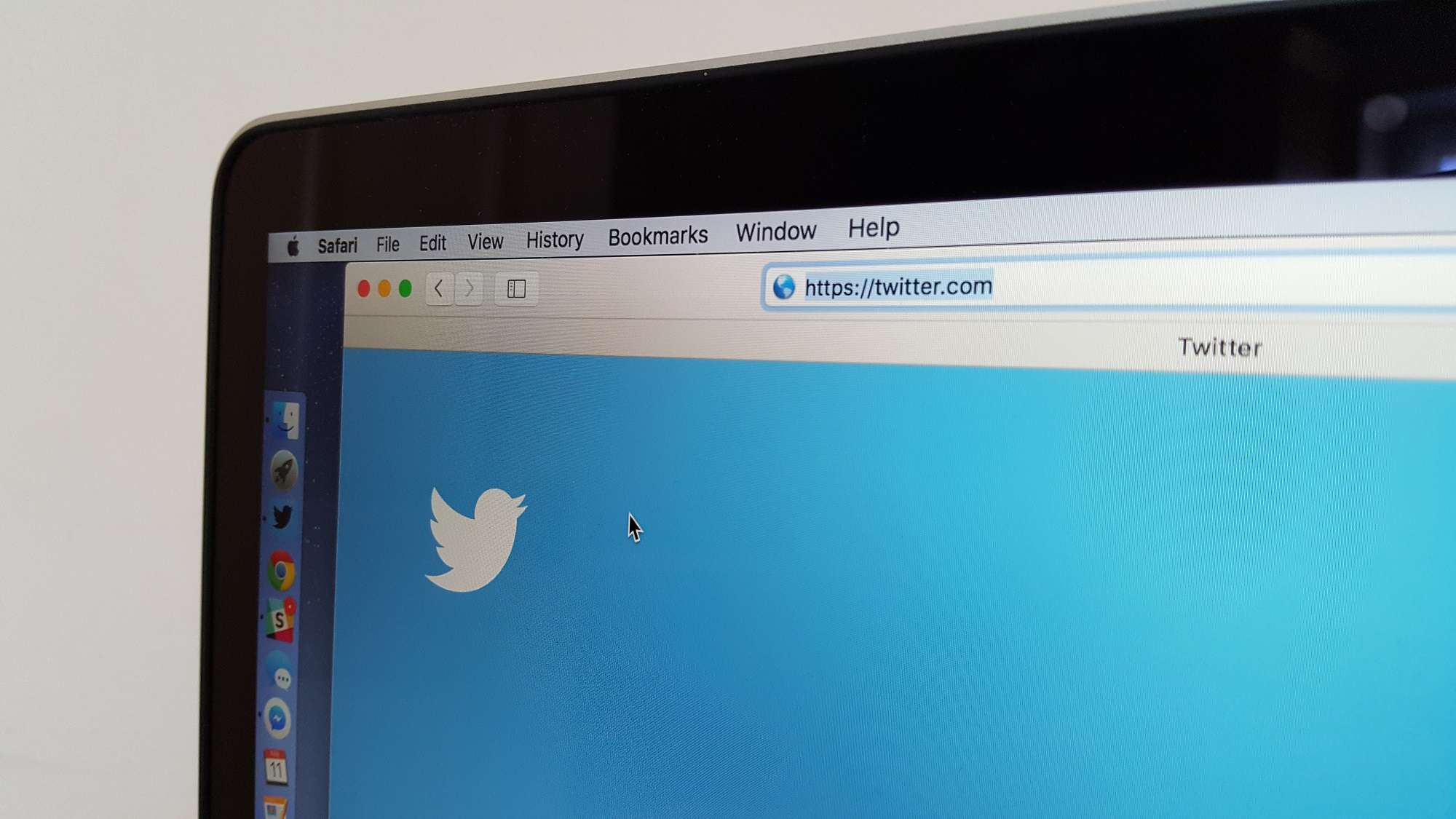
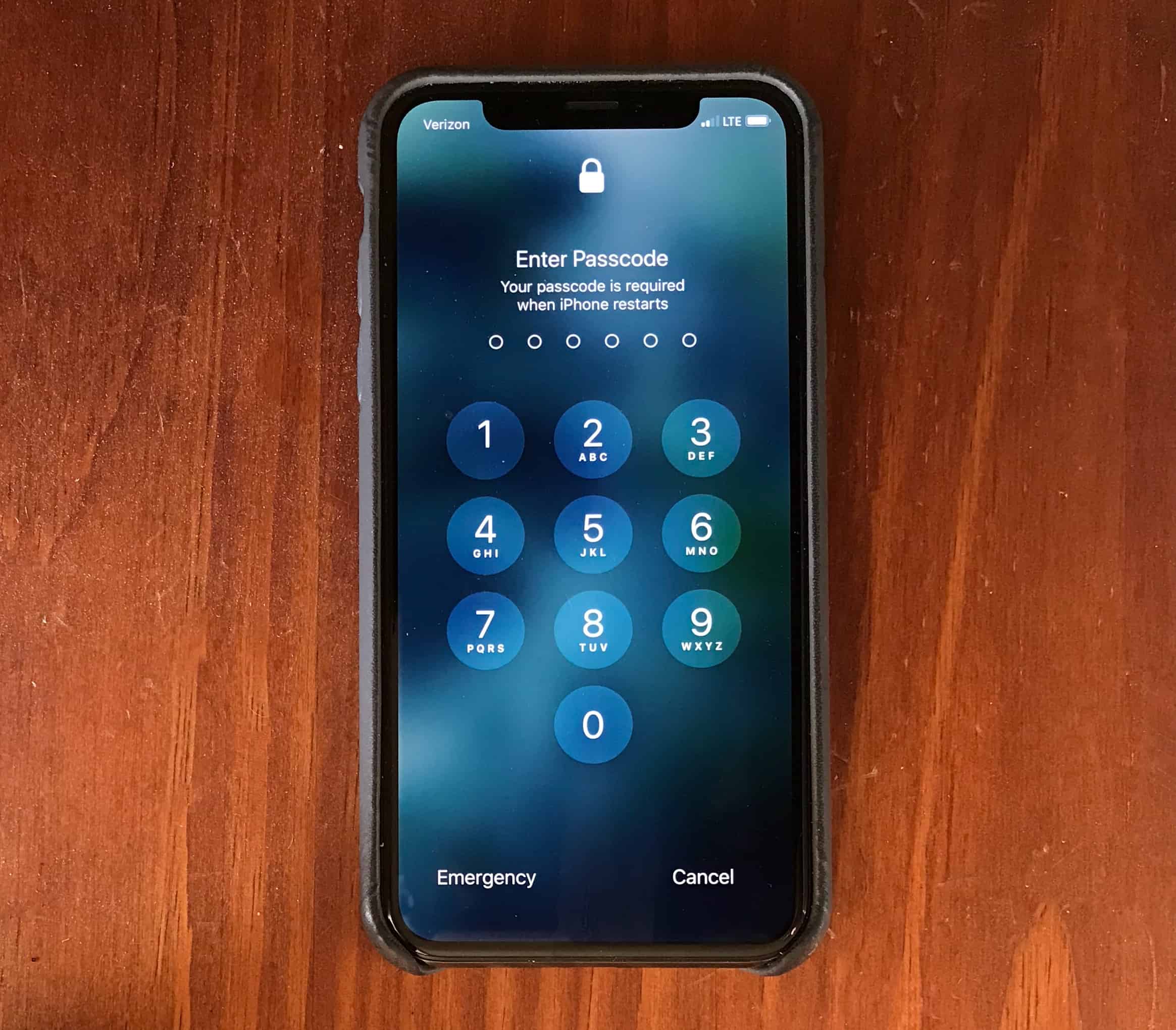
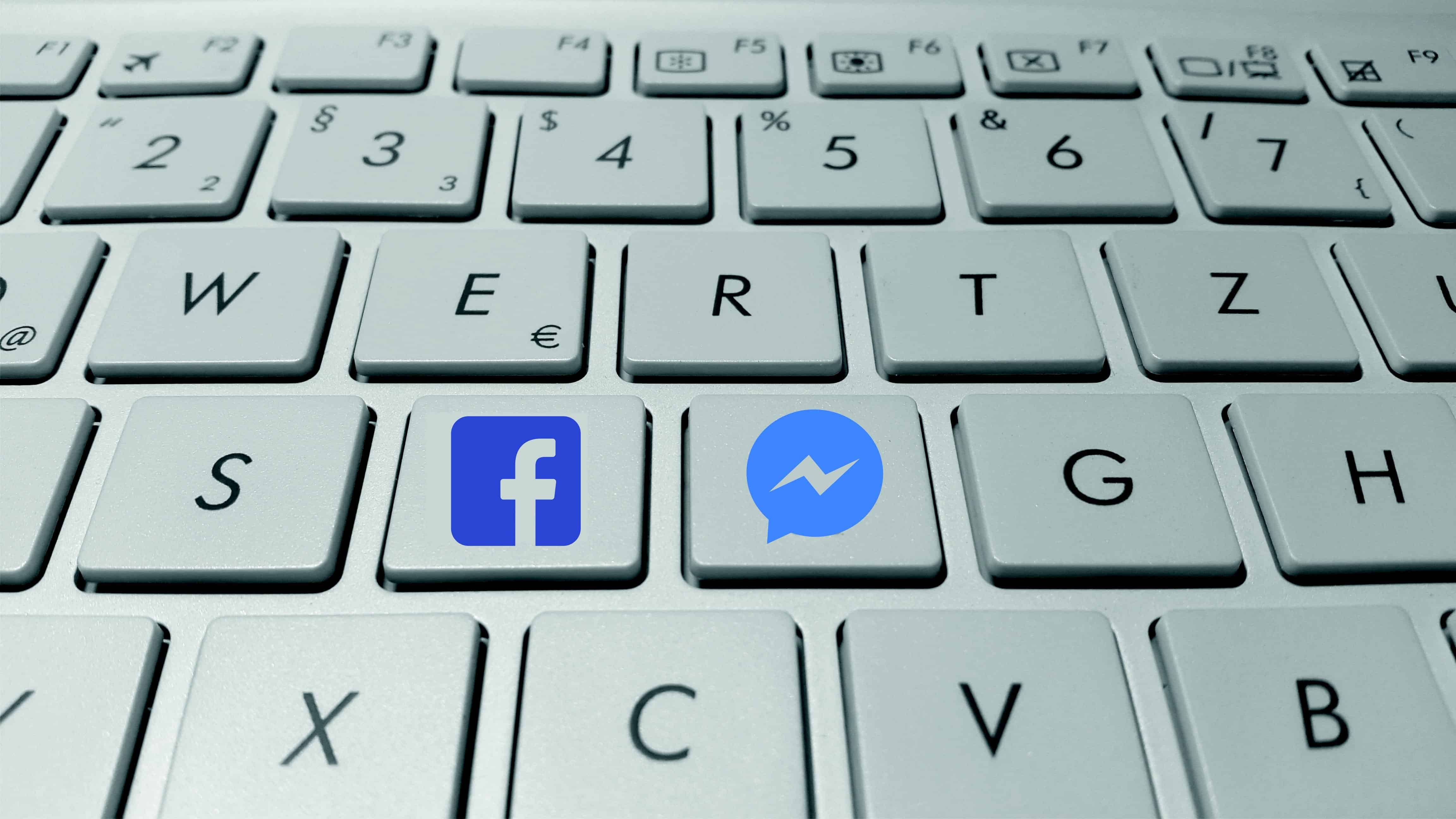
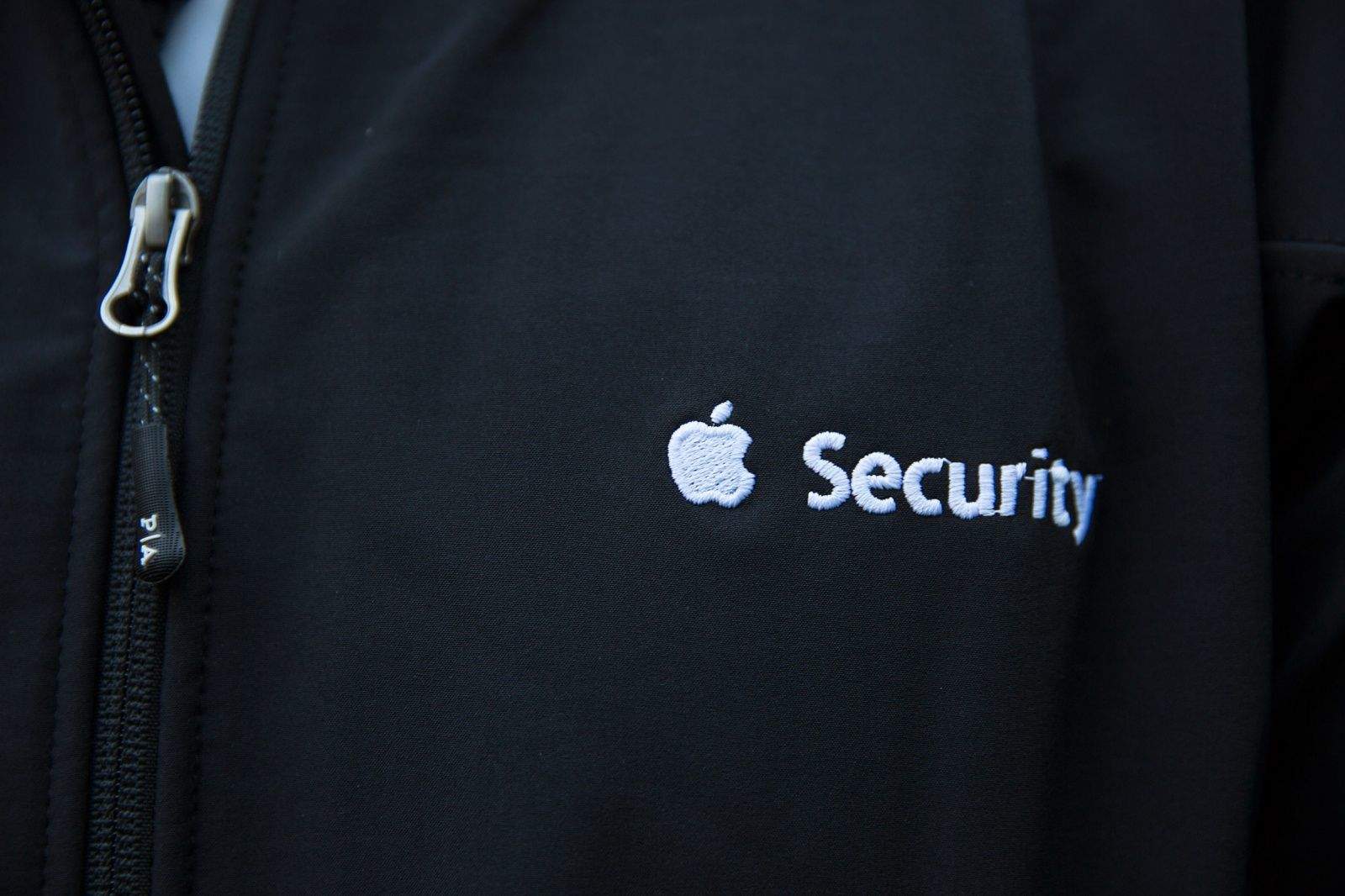
![This app encrypts and anonymizes your phone calls [Deals] Protect your phone conversations with military grade encryption.](https://www.cultofmac.com/wp-content/uploads/2017/12/Guardlock.jpg)
